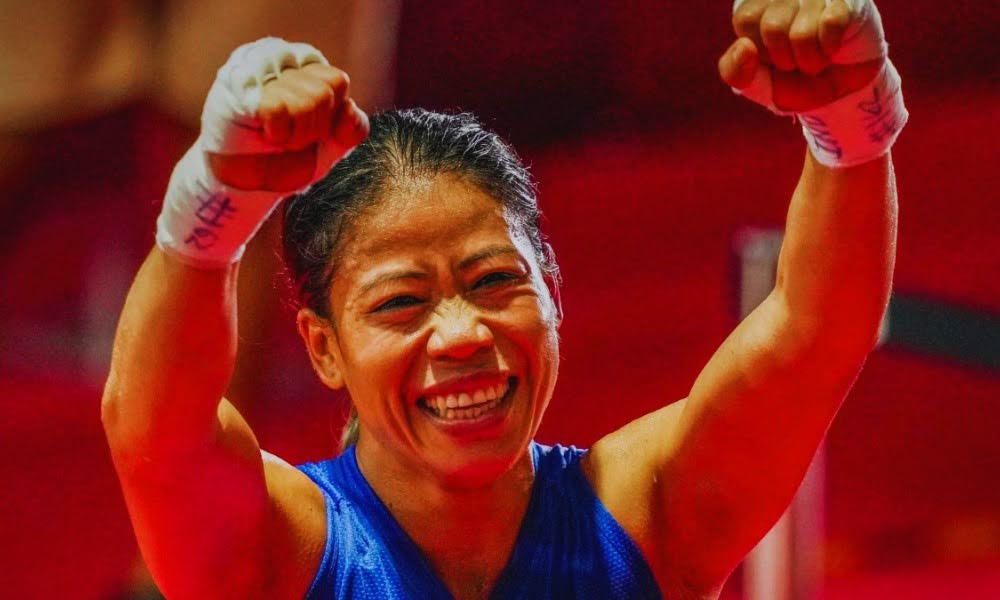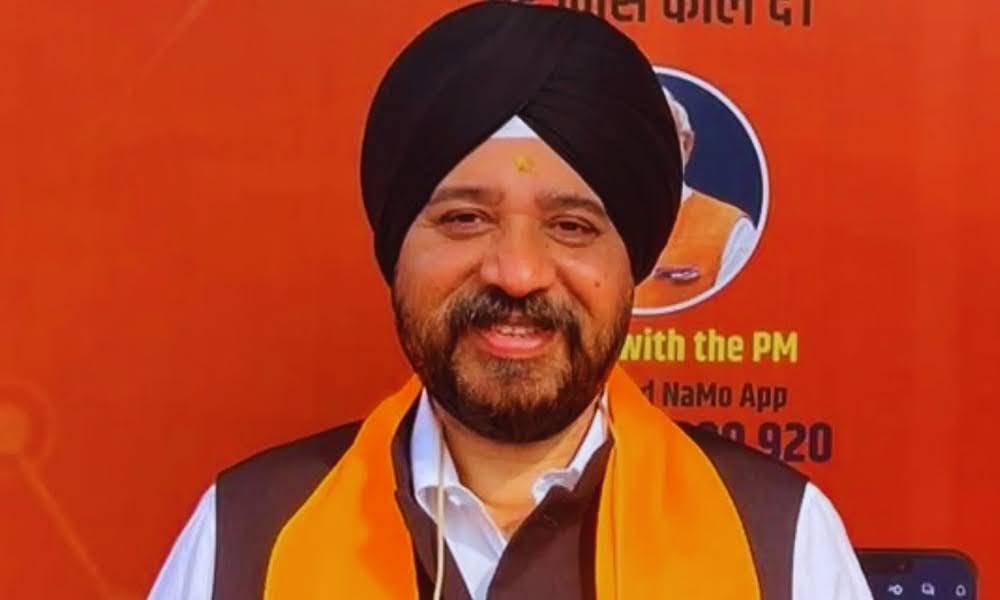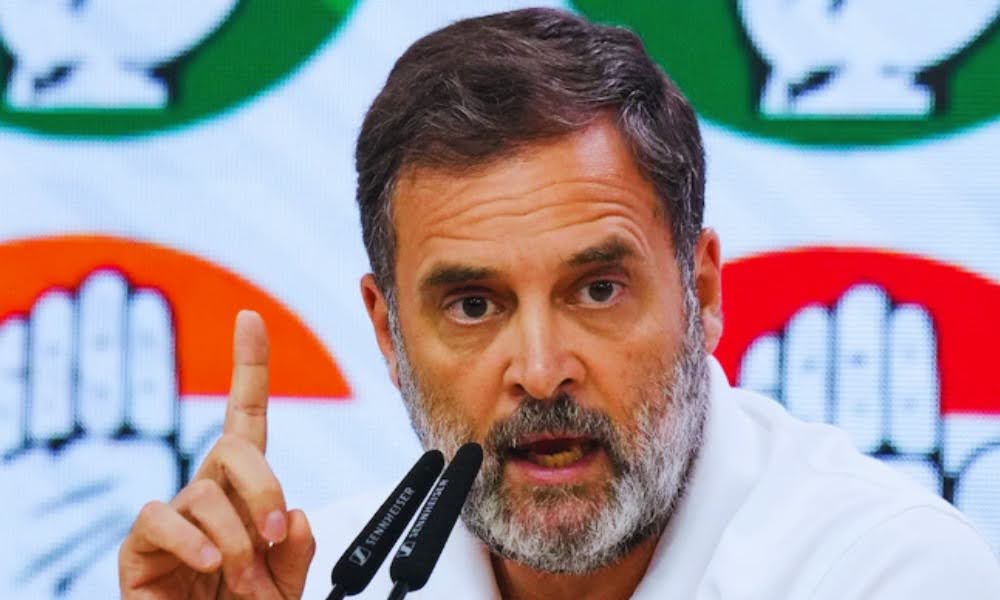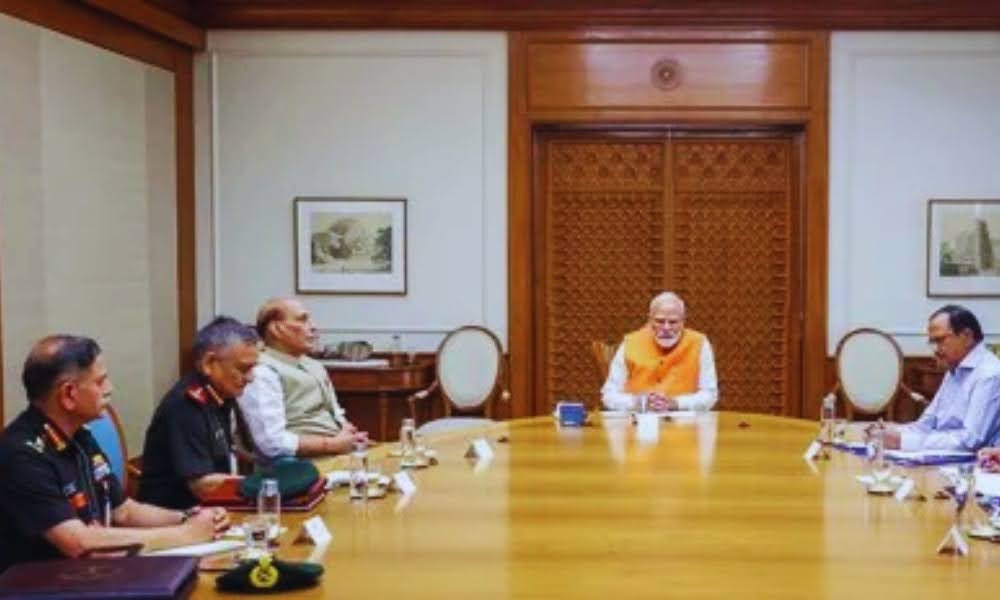Justice B.R. Gavai Appointed 52nd Chief Justice of India, Oath Scheduled for May 14
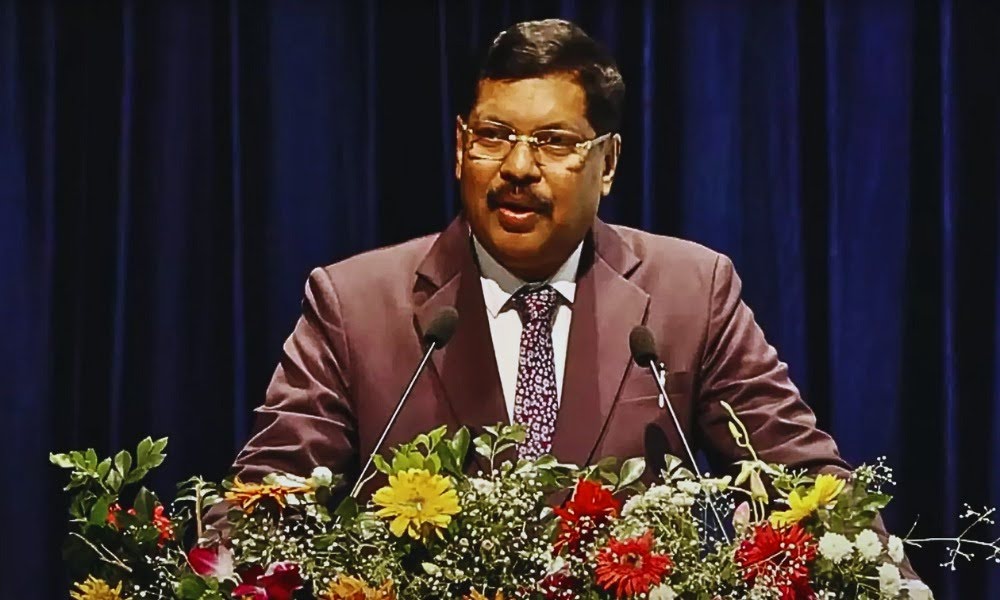
Justice Bhushan Ramkrishna Gavai has been officially appointed as the 52nd Chief Justice of India (CJI).
His oath-taking ceremony is scheduled for May 14, 2025, with President Droupadi Murmu administering the oath. He will succeed the current Chief Justice Sanjiv Khanna, who is set to retire on May 13.
Union Law Minister Arjun Ram Meghwal announced the appointment on platform X, stating, “In exercise of the powers conferred by the Constitution of India is pleased to appoint Shri Justice Bhushan Ramkrishna Gavai, Judge of the Supreme Court of India as the Chief Justice of India with effect from 14th May, 2025 [sic].”
A Legal Journey That Began in Amravati
Born on November 24, 1960, in Amravati, Maharashtra, Justice Gavai began his legal practice on March 16, 1985.
He initially worked with former Advocate General Raja S Bhonsale before starting his independent practice in the Bombay High Court in 1987. His primary focus was on Constitutional and Administrative Law.
Justice Gavai represented institutions such as Amravati University, SICOM, and DCVL, along with the Nagpur and Amravati Municipal Corporations.
He was appointed Assistant Government Pleader and Additional Public Prosecutor at the Nagpur Bench of the Bombay High Court in August 1992. In January 2000, he was elevated to the post of Government Pleader and Public Prosecutor.
Elevation to Higher Judicial Roles
Justice Gavai became an Additional Judge of the Bombay High Court on November 14, 2003, and was confirmed as a Permanent Judge in 2005.
He served at various benches including Mumbai, Nagpur, Aurangabad, and Panaji. On May 24, 2019, he was elevated to the Supreme Court of India.
He is set to retire on November 23, 2025, and will serve a tenure of just over six months as Chief Justice.
Significant Judgments on the Supreme Court Bench
Justice Gavai has played a vital role in several landmark constitutional decisions:
- He was part of the five-judge bench that unanimously upheld the central government’s move to abrogate Article 370, ending Jammu and Kashmir’s special status.
- He was on the bench that invalidated the electoral bonds scheme, raising concerns over transparency in political funding.
- In the demonetisation case, he was part of the majority that upheld the 2016 decision to withdraw ₹500 and ₹1,000 currency notes.
- Justice Gavai was also on the seven-judge bench that ruled, by a 6:1 majority, that states can create sub-categories within Scheduled Castes for more targeted reservations.
- He authored the judgment in the Manish Sisodia bail plea, reinforcing the constitutional guarantee of personal liberty.
- He also presided over the bench that directed the release of A.G. Perarivalan, one of the convicts in the Rajiv Gandhi assassination case.
- Furthermore, Justice Gavai contributed to framing guidelines to curb illegal demolitions, popularly dubbed as actions against the “bulldozer culture”.
A Historic Appointment
Justice Gavai will be only the second person from the Scheduled Caste community to hold the position of Chief Justice of India, following Justice K.G. Balakrishnan, who retired in 2010.
His name was recommended by outgoing CJI Sanjiv Khanna on April 16, in accordance with the established protocol.
The memorandum of procedure governing appointments in the higher judiciary specifies that the senior-most judge of the Supreme Court is considered suitable for the post, and the outgoing CJI’s recommendation must be obtained at the appropriate time.
Upholding Representation and Legal Integrity
Justice Gavai is the son of Ramakrishna Suryabhan Gavai, popularly known as Dadasaheb, a respected Dalit leader and former Governor of Bihar.
His elevation is being seen not only as a continuation of the seniority convention but also as a moment of increased inclusivity within the judiciary.
His upcoming tenure is expected to reinforce constitutional values, improve judicial accountability, and enhance access to justice.
Members of the legal community and civil society have welcomed his appointment as a step toward a more representative apex court.
Justice Gavai’s legacy is set to be defined by his landmark contributions and commitment to legal equity.



